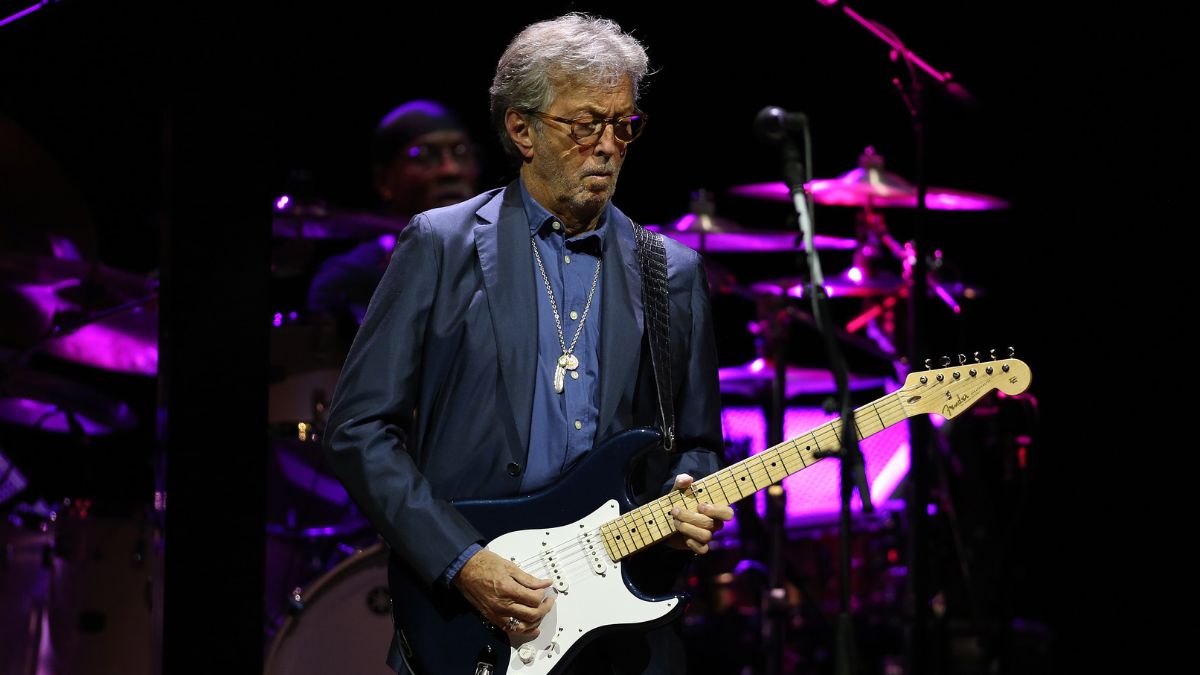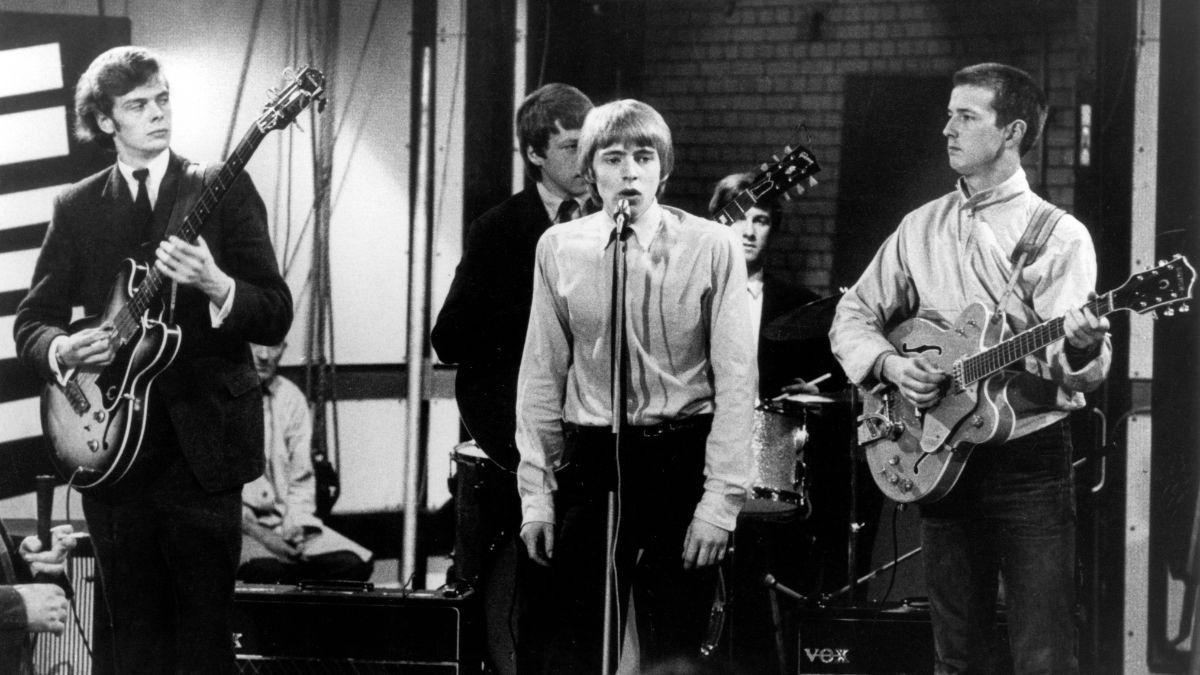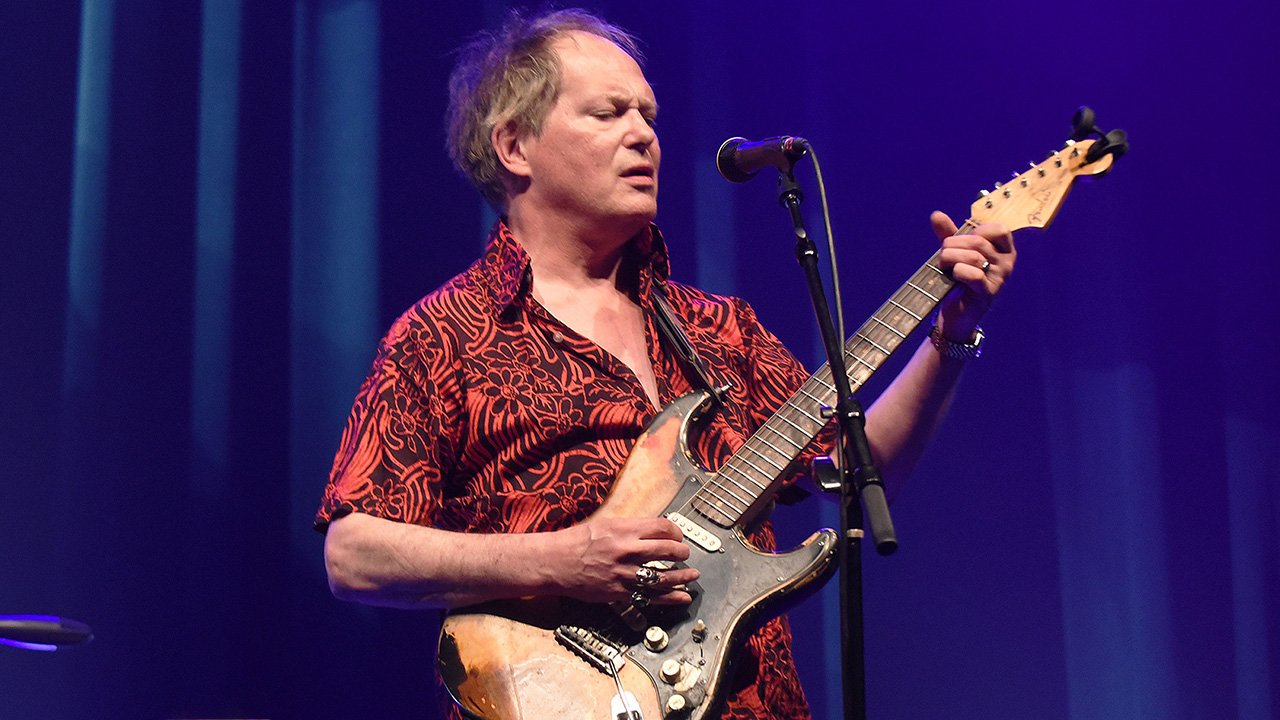“I think he took the blues up as his personal crusade”: Why Eric Clapton left the Yardbirds and joined the Bluesbreakers, according to his former bandmate
Jim McCarty says one particular factor forced Clapton’s hand

Yardbirds drummer Jim McCarty has looked back on Eric Clapton's spell in the band, and reflected on why the blues guitar great left for John Mayall's Bluesbreakers.
During the 1960s, McCarty played with three of Britain's greatest guitarists under the Yardbirds bracket. Clapton was the first of that trio, and was later to be followed by Jeff Beck and Jimmy Page – both of whom also left to explore other projects.
“They were all learning how to do it,” McCarty says, reflecting on that wild, history-making spell with Guitar Player. “They were all part of the team. We were all trying to play and having good fun playing that sort of music. And they were all very different.”
None of their stays were permanent. Clapton, especially, had his reasons.
“Eric was coming from a difficult upbringing, because he wasn’t really brought up by his parents,” the drummer details. “He was brought up by his grandmother, who he thought was his mother. That gave him a challenged outlook on things, and I think he took the blues up as his personal crusade.
“He was totally dedicated to the blues, and very ambitious. Eric was obviously gonna go somewhere,” McCarty continues. “You knew that, yes, one day he’ll be a big star, ’cause he was driven to do that, and he was getting a reputation while he was playing with us.”
During this period, many British players looked overseas to the Black blues guitarists of America who gave birth to, and pioneered, the genre for inspiration. Clapton was among those doing his homework.
All the latest guitar news, interviews, lessons, reviews, deals and more, direct to your inbox!
“He used to copy blues solos – Matt ‘Guitar’ Murphy or Buddy Guy or somebody – and copy them note for note before he got his own thing going,” McCarty says. “But he loved blues and he was very, very serious about it, even though he did actually mess around quite a lot with us in terms of jokes and funny voices.”
Disharmony crept in, though, with McCarty believing Clapton was unhappy with the band's progress – or lack thereof.
“We were trying to get a hit single. We were quite desperate, actually,” he confesses.

Indeed, Clapton had accused the band of selling out when they agreed to record Graham Gouldman's For Your Love. He jumped ship to Mayall's group, which, as history dictates, also had a knack for making guitar stars who would go on to bigger things.
There was another reason, too. As Clapton reflected after Mayall’s passing last year, his new bandleader “rescued” him when he was on the brink of quitting music entirely.
A freelance writer with a penchant for music that gets weird, Phil is a regular contributor to Prog, Guitar World, and Total Guitar magazines and is especially keen on shining a light on unknown artists. Outside of the journalism realm, you can find him writing angular riffs in progressive metal band, Prognosis, in which he slings an 8-string Strandberg Boden Original, churning that low string through a variety of tunings. He's also a published author and is currently penning his debut novel which chucks fantasy, mythology and humanity into a great big melting pot.
You must confirm your public display name before commenting
Please logout and then login again, you will then be prompted to enter your display name.

